
The *Real* Chinese Threat: Trump Tariffs Address Decades of IP Theft
If there has been one Trump administration policy that fellow Republicans at large have been unabashed about loudly questioning, it’s the populist president’s crusade for what he describes as “fair trade” in the form of tariffs on a myriad of imports from countries purported to be killing US exports with their own trade barriers and policies.
It’s certainly not a universally sanctioned approach, with the clear majority of economists advocating for free trade and reduced barriers as the proven path to global economic success. But Trump isn’t necessarily interested in maximizing global utility in theoretical equations, rather his “America First” platform seeks to preserve and encourage domestic US industry with external economic costs ranking as much less important.
The idea isn’t entirely unfounded. The WTO is surprisingly flexible in terms of allowing countries to erect trade barriers; and as Trump is keen to point out most do against the US. There are even economic arguments for barriers, though economists at large tend to gloss over them, including supporting the growth of domestic ‘infant industries’ (emerging markets not babies) as well as halting and/or preventing ‘dumping’ of goods onto domestic markets in an effort to eradicate homegrown competition.
But in the frame of contemporary perspective, with the ever increasing growth and interdependence of the global digital economy, Trump’s tariffs may actually work on a glaring issue regarding China the world and its WTO have utterly failed to address for decades; intellectual property theft.
Nebulous Chinese government practices have often resulted in very much physical property theft, like the 1990s eviction of McDonalds from their Beijing flagship three-story franchise location… in the second year of a 20-year lease. However much less visible, yet far more massive in scale, is the rampant theft of intellectual property.
China’s egregious and unabashed large-scale operations including counterfeit goods, pirated software, and stolen confidential trade data, have been wreaking havoc on the global economy at large for a decade. The independent and bipartisan ‘US Commission on the Theft of American Intellectual Property’ reported the annual cost in 2017 to the US alone to be nearly $600 Billion dollars, calculated in terms of counterfeit goods.
When China was admitted into the WTO in 2001, the main line of contention for their entry was an egregious record of shameless and overt property theft. Alas, the WTO eventually granted admission to the then emerging economic superpower without any substantial or firm measures taken to combat this Chinese phenomenon, or even to prevent it in the future aside from empty promises on China’s account. Trump’s tariffs, even if otherwise debatable in merit, are the first major attempt to address this huge economic loss since that defeat.
The tariffs have produced a mixed bag of economic outcomes at home that includes a booming steel industry, as well as rising prices in other sectors as a result of counter tariffs and externalities. However, on the flipside, they’ve been universally hard hitting on China’s economy, with each fresh set of hundreds of billions of goods being added resulting in instability and lost confidence in a market China already has a history of freezing and interfering with at the will of the regime.
However theoretically questionable Trump’s trade wars have been, they have for their part forced China to come to terms with their reality of still playing second fiddle to the American economy, which makes up nearly a quarter of the global total. If China wants to play in America’s pool it appears they’ll have to play by the rules, enforced by a President that shows no signs of planning to bow out of the battle of markets any time soon.
Author’s Perspective: Personally, I don’t support the tariffs at large, though I am banking on the hopes that they’re merely a negotiating tactic meant to induce other countries to lower and/or eliminate their own. That said this is a completely valid benefit of Trump’s willingness to engage China.
The WTO is toothless and its regulations purposely vague and flexible. It has proven to be an inadequate check on countries like China that cheat the system on an industrial scale. The Chinese regime is still far from a friend of the US, with intelligence reports from the likes of the German’s to internal Chinese dissidents presenting ever more troubling evidence of mass Chinese spying and general international malpractice.
As I stated, I don’t support the tariffs, but I’m perfectly willing and able to accept this as a genuine positive result of them and the general economically aggressive attitude towards China. That should be a powerful indicator to the reader in terms of truth.


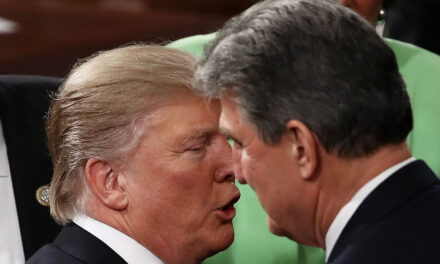
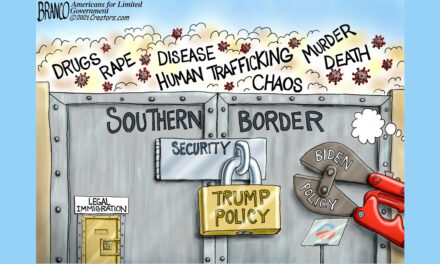
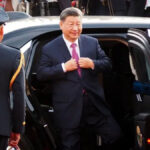

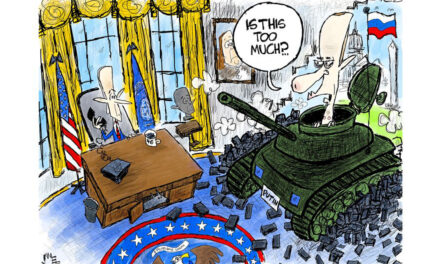






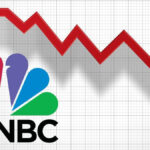
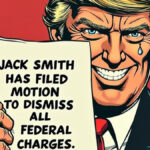



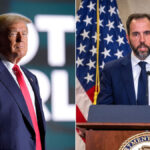
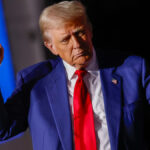
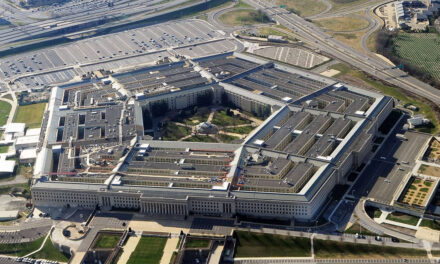

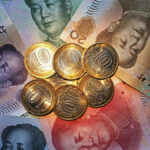

If ya'll say so, E.D., then it must be so. MSNBC vs PBP challenge and compare. Scandals, they pop up…
Whoops, I meant Robert.
I was referring to Roger being mentally unhinged. He's the one that was ranting. Hell, I support Trump. I don't…
Your daughter
I noted in another post that if I were king of the forest....... I would pardon all the non-violent 1/6…